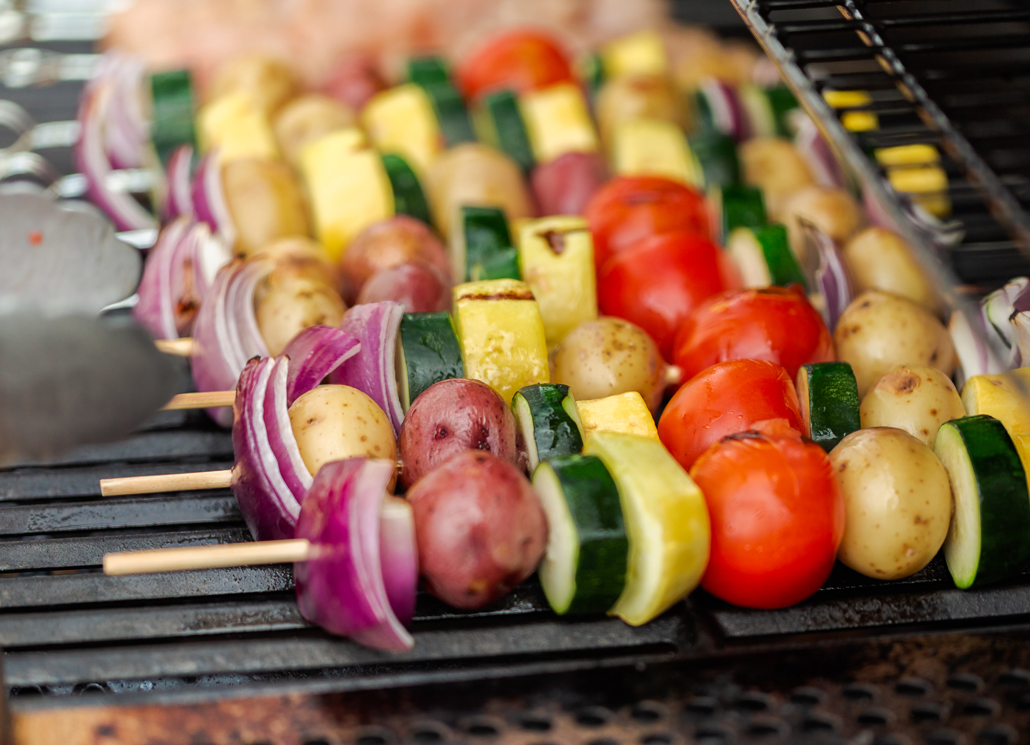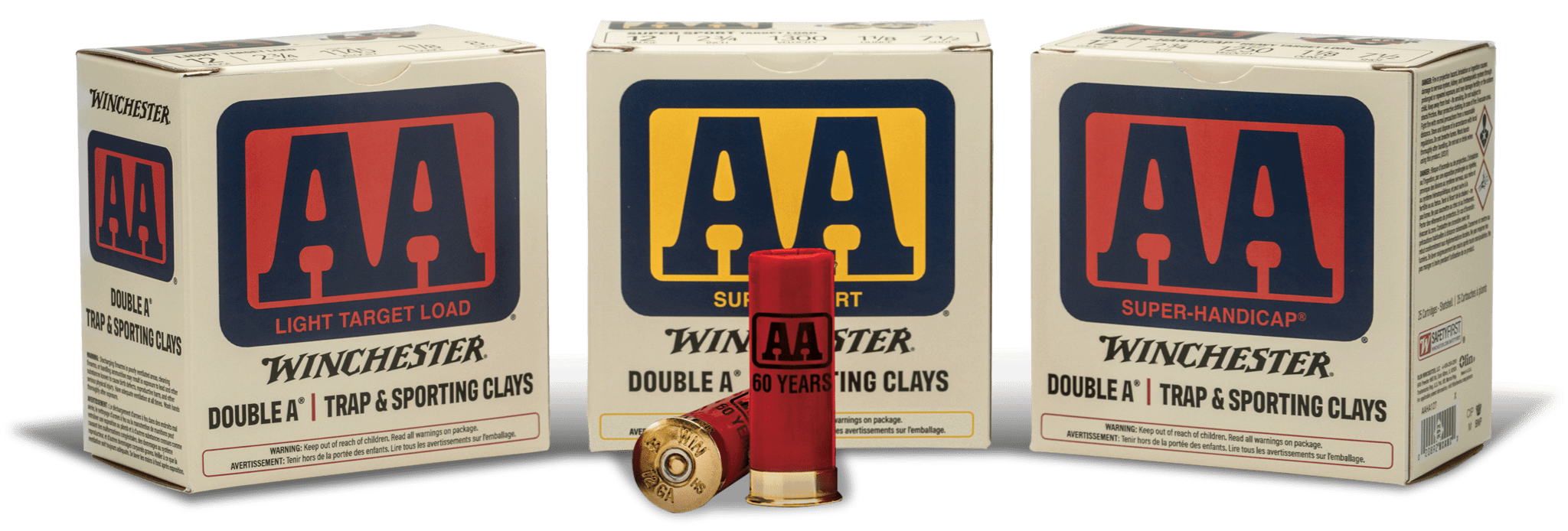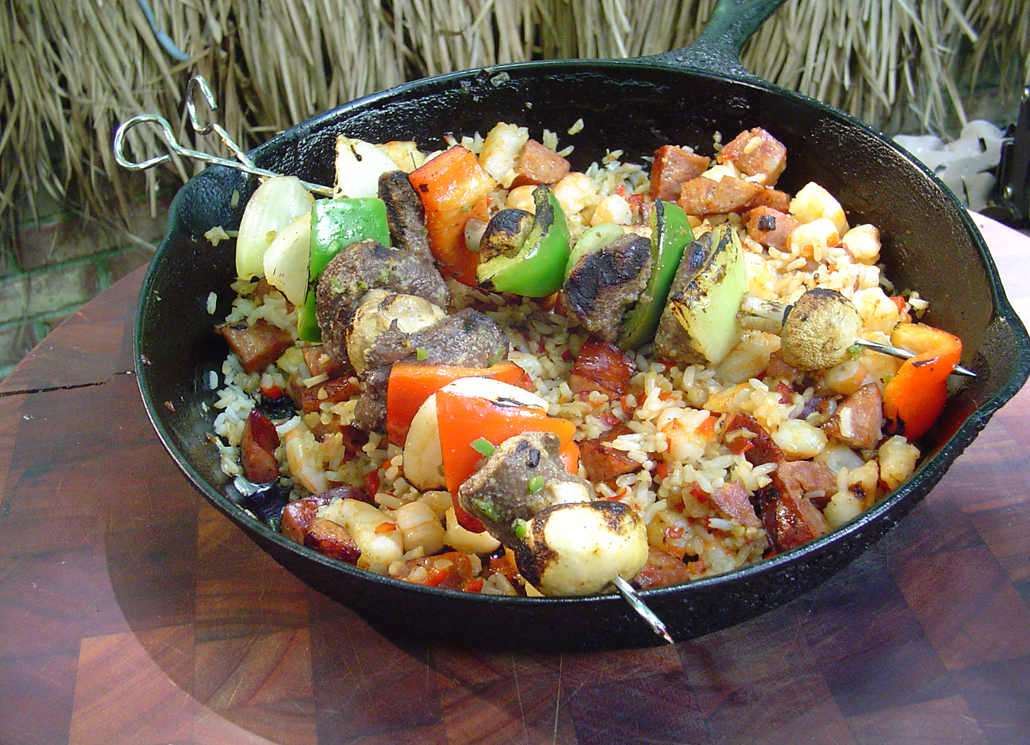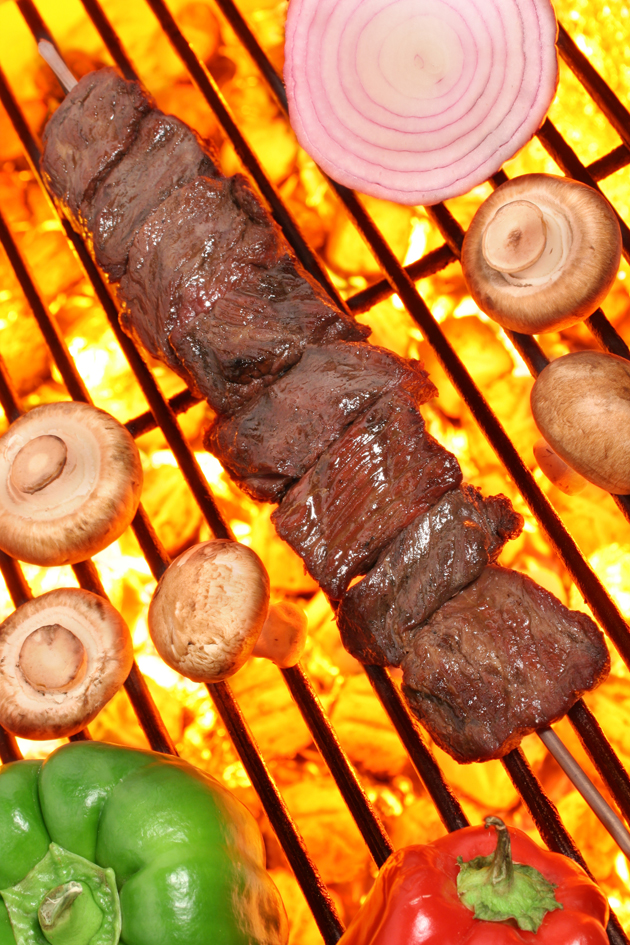Makin' K Bobs the Easy Away
I like food served on a stick or skewer. Whatever is on the skewer is usually cut into bite-sized pieces.
You can eat it while standing around a campfire or just lounging in the backyard with friends. Skewered foods are best grilled. Smoky heat and charred meats and vegetables make skewers a crowd pleaser.
So what’s the difference between slapping a deer steak on a grill along with some fresh vegetables and cutting everything into small bites and running onto a skewer? Surface area. Small pieces equal more edges to char. I like the burnt ends and edges of meats and veggies. With a big hunk of meat, the charred surfaces are minimized. On a skewer, you get more crispy parts.
Most skewers are loaded with an assortment of cubed meats and 2-inch pieces of onion, peppers, mushrooms, pineapple and anything else that makes you happy. I’ve found that it’s best to marinate lean game meats for several hours to give them less of a chance of overcooking. When both meats and vegetables are loaded onto the same skewers together, it makes it more difficult to control the proper cooking times for each. Worst case scenario, you overcook the meat because the veggies aren’t done when the meat is done. The answer…put the meat on one skewer and the veggies on another. Eventually, they’ll all have to come off the skewers anyway so why not cook them separately and have more control over cooking times and temperatures for each?
Marinades play an important role in skewer production. When using marinades with acidic ingredients like citrus juices, be careful not to marinade too long or the acid components will turn the meat mushy. Include the vegetables in the same marinade.
Marinade #1
Best for dark-fleshed meats like antlered game and waterfowl.
1/4 cup Worcestershire sauce
1/4 cup low-sodium soy sauce
1/3 cup olive oil
1 tablespoon Dijon mustard
2 tablespoons minced garlic
1 tablespoon brown sugar
2 tablespoons lemon juice
1 teaspoon each dried basil, dried parsley and black pepper
Combine all ingredients and place meats and vegetables in a non-reactive container or zipper-lock bag with the marinade for 2 to 8 hours.
Marinade #2
For upland game, chicken and pork.
2/3 cup olive oil
2 tablespoons freshly squeezed lemon juice
6 garlic cloves, minced
1 teaspoon paprika
2 tablespoons Italian seasoning
2 teaspoons kosher salt
1 teaspoon freshly ground black pepper
Combine all ingredients and place meats and vegetables in a non-reactive container or zipper-lock bag with the marinade for 2 to 4 hours.
Be sure to follow Winchester’s social media channels for more hunting and shooting tips and updates on Winchester supported events and promotions on Facebook, You Tube, Instagram and Twitter.






